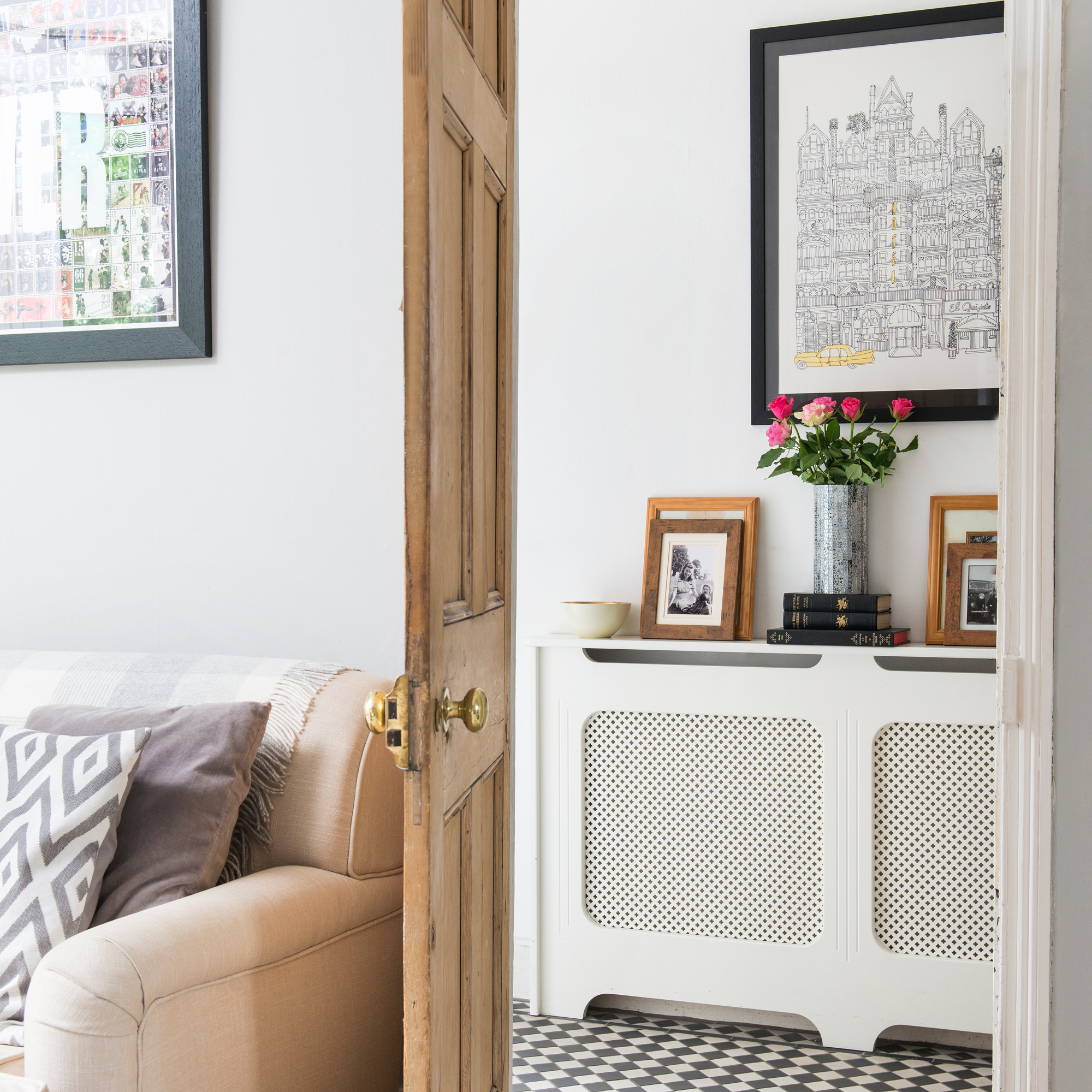Should I fix my energy tariff now that energy prices are cheaper?
Now that energy prices have dropped and are predicted to drop further, should we be thinking about moving to a fixed tariff?


Sign up to our newsletter for style inspiration, real homes, project and garden advice and shopping know-how
You are now subscribed
Your newsletter sign-up was successful
This article has been updated to reflect the latest energy price cap announcement from Ofgem.
If you’re not sure if you should fix your energy tariff, you’re not alone. The last 18 months or so have been full of volatility around energy prices. The energy price cap skyrocketed to more than £4,000 as wholesale energy prices rose, and the government introduced the Energy Price Guarantee in order to keep energy bills remotely affordable.
The government's price guarantee temporarily replaced the energy price cap (which is set by the energy regulator Ofgem), and capped average bills based on typical use at £2,500. It was introduced in October 2022, and was in place for nine months. It became defunct when the energy price cap fell below the level of the price guarantee. And energy regulator Ofgem has just announced that the energy price cap will drop again in October.
The majority of households will find themselves on their supplier's standard variable tariff, after being unable to switch to another fixed deal amid the energy crisis (suppliers removed them from sale). With a variable tariff, the price you pay for energy is governed by the price cap. But as the cap is set to drop again, should households think about fixing their prices?

Should I moved to a fixed energy tariff?
Whether or not you fix your energy prices right now is a bit of a gamble. Some energy suppliers are offering fixed rate deals to their existing customers only, but a few are starting to creep back on to the open market. Use a price comparison website like our sister site Go.Compare to see the latest offers.
However, before you fix, it is important to remember that the price cap changes every three months, and could go up or down. The energy regulator Ofgem has just announced that the price cap will drop by £151 in October, to £1,923, and is predicted to fall below that level in 2024. These predictions can change frequently, but you can see the most up to date forecast on data analyst Cornwall Insight's website.
If you fixed your energy prices now, and the price cap fell again as predicted, you will be tied into paying a price higher than the cap for the duration of your fixed tariff. If wholesale energy prices were to rise, however, and the price cap went up from it's current level, then by fixing you will be protected by any further price hikes for the duration of the fixed tariff.

Are fixed energy tariffs coming back?
Fixed rate deals have started to return, but a few suppliers are only offering them to their existing customers. But they are not massively cheaper than the current energy price cap. Even if you find a deal that is substantially cheaper than the price cap, it is still likely to be more expensive than fixed-rate tariffs you have been on in the past.
Sign up to our newsletter for style inspiration, real homes, project and garden advice and shopping know-how
Before fixing, it’s worthwhile using a price comparison tool, like our sister site Go.Compare, to get a sense of what’s available and whether you could save more money by moving to a different supplier.
Many people prefer fixed rate tariffs as the rate you pay per unit of gas and electricity is locked in for the duration of the fixed plan, so any changes to wholesale energy prices won’t affect what you pay. But remember, that doesn’t necessarily mean your bill will be the same each month - that will be determined by how much energy you actually use.

Sarah Handley is Ideal Home’s Renovation and Home Editor. She joined the team full time in September 2024, following three years of looking after the site's home finance content. As well being well versed in all things renovation, Sarah is also a home energy expert, covering all aspects of heating and insulation as well as tips on how homeowners can reduce their energy usage. She has been a journalist since 2007 and has worked for a range of titles including Homebuilding & Renovating, Real Homes, GoodtoKnow, The Money Edit and more.